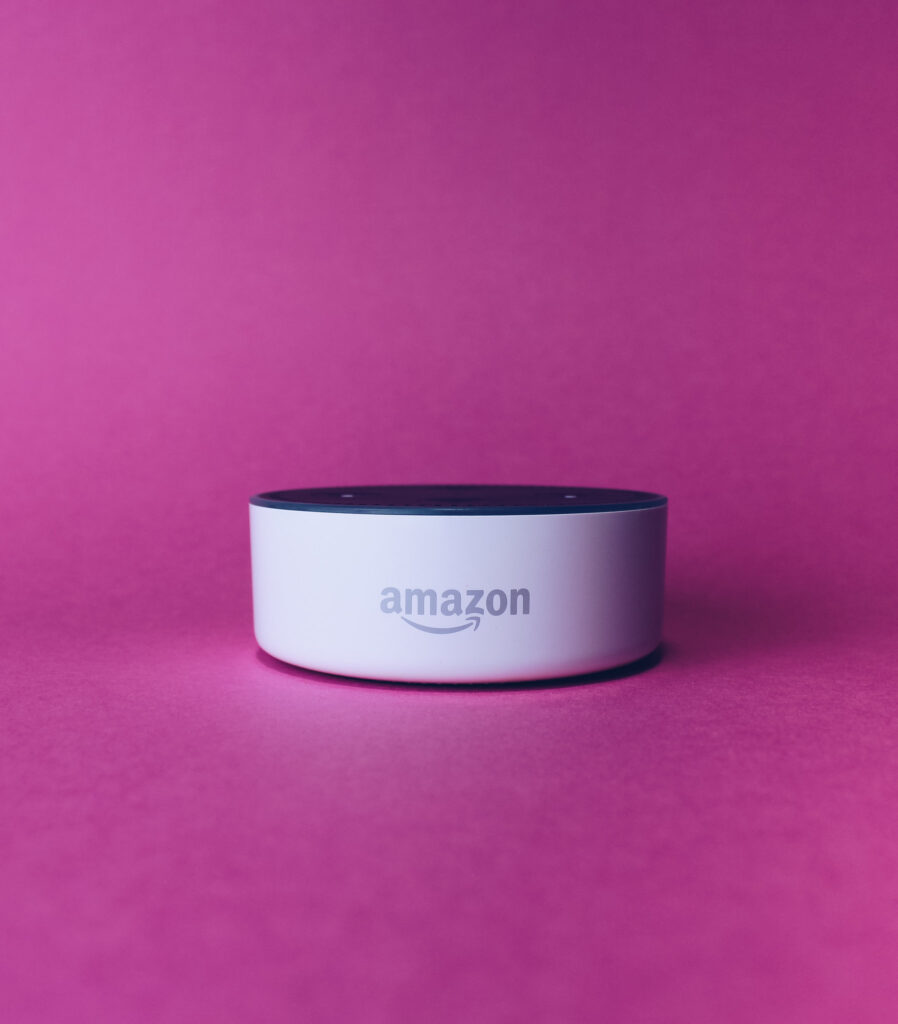AI – How is it used today and what is its future

Photo by Mike MacKenzie // CC BY 2.0.
A lot has been said about AI in the past few months. With the technology behind it seemingly progressing rapidly, AI is becoming that much more intelligent by the month. Notable sources have appealed for caution in embracing AI, Elon Musk for one, with a select few fearing it could lead to some serious harm.
However, it has been in our lives for many decades now at varying degrees of prominence, and we’re still here, unharmed. As technology has advanced, AI has gotten smarter. But how exactly has AI progressed throughout the years, how is it used now and in what way will it be used differently in the future?
AI history
AI dates back to the 1950s and more specifically, Dartmouth College, where students took on AI projects. They became the research visionaries for the industry, and much of what they discovered was considered groundbreaking at the time.
Not everyone was an advocate of such research though. In the mid-1970s, an ‘AI Winter’ commenced, with governments cutting funding in favour of more productive ventures. During this time, obtaining funding for research and projects in AI became increasingly more difficult.
The 1980s was another turbulent decade. The popularity of the technology grew, with certain success stories emerging from the industry. In Japan especially, AI projects were flourishing, and consequently the US and UK took the initiative to try to compete with their Asian counterparts. Once again though, the industry was hindered after the Lisp Machine (a market leader) became redundant due to other, more advanced technology, and ultimately popularity plummeted. This again set the industry back.
As the turn of the century came, AI began to once again return to the forefront of people’s priorities. An advance in computer power and capabilities saw it become extremely useful in a lot of sectors. AI also began to ‘outsmart’ the cleverest of humans, with certain programs being able to beat world chess champions and quiz gurus etc.
How is it used today? Due to its complexity, AI is often thought of today as only being used in highly-advanced computer programs and special robots that will be our assistants in the future. In reality, even AI in its most basic form is very useful to our everyday lives. Think about calculators. At the press of just a few buttons, we can have the answer to any sum we need, but we don’t think twice about the intelligence behind it.
In more complex terms, programmers like Alexa and Siri use artificial ‘brain’ power to provide answers to people’s questions. They are data sponges, that gather intelligence based on their user’s tendencies to offer a better quality of service in the future.

Photo by Stock Catalog // Public Domain
Even websites such as Facebook, Google and Amazon have embraced AI, offering tailored ads, posts or items to what they feel users will like individually.
How could AI be used in the future?
AI has many possibilities in terms of its potential and where it could get to in the future. It’s rather an unknown entity, which is also perhaps why it is feared by some. Certain TV series such as Black Mirror and Westword have major plot points surrounding AI, and predict one picture of how it may be used in the future.
It is likely that in the near future, AI will be used to further enhance our daily living. Everyday items around the house, such as lights, dishwashers and TVs may incorporate AI to fully automate homes – some AI already exists for these devices. These types of things are why the logistics industry is set to benefit hugely from AI.
The delivery industry has also attempted to use AI. Man-less drones, for instance, are being used by Amazon to deliver packages. Although this is in the preliminary stages at the moment, it is thought that this could later become the norm for not just packages, but takeaways and all postal deliveries.
Another area that could benefit from AI is the casino and gaming industry. Casinos already use a range of technology for things such as security and to enhance visitors’ experience. But AI could really revolutionise how things are done and make things like monitoring devious behavior even easier.
Elsewhere, AI could be used with cars. Teslas are famed for their innovation, and already use AI to a certain degree. It would be a good assumption to predict that they will further embrace it, and perhaps more cars manufacturers will follow in their lead.
As AI becomes more powerful though, it really could start to become incredibly useful and even replace many existing routines that exist in our society. If used carefully and properly, there’s no reason why it cannot become ingrained into our society and help us in all aspects of life.







